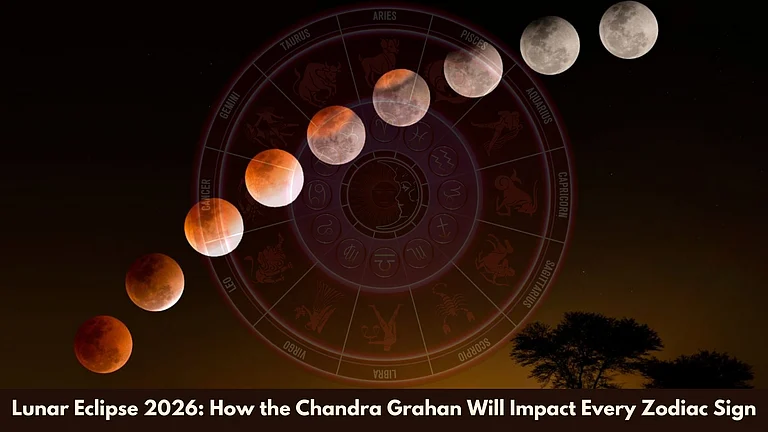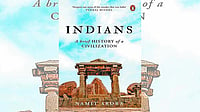With characters sticking on our minds and the songs staying in our hearts, Bollywood has turned repetitive scripts into a sub-culture of obsessive cinema from which there has been no escape. More by design than default, songs convey what the script cannot, in reflecting the overt and covert anxieties and aspirations of both characters and viewers. The combined effect of these two parallel strands created cinematic possibilities of carrying forward the moral overtone of post-Independence reconstruction of society on Gandhian principles of simplicity and celibacy. In his frame by frame decadal analysis of popular films, Sanjay Suri sets out to establish that their dominant idiom gets reinforced through moral obligations of the hero, reflected in his retreat from wealth and desire. In this intriguing analysis, cinema emerges as the creative paradox that triggers desire in the guise of austerity.
A Gandhian Affair is as much exhilarating as entertaining in revealing a contrived method of film-making that cinematically projects the cultural necessity of rejecting desire. As viewers continue to identify with it, storytellers churn out much of the same stuff again and again. With slight deviation, however, desire in song and surrender in script makes our cinema stand out in its texture. Suri’s contention is it couldn’t have been any other way, and there are any number of examples—from Mother India to Naya Daur and from Ram aur Shyam to Lage Raho Munna Bhai—to show how cinema defined its boundaries for and in a conservative society. Yet, the linear juxtaposition is not without its share of ambiguity! While the heroine resting her head in the lap of a man she was close to had outraged audiences, prompting change in the ending of Sahib Bibi aur Ghulam, the most sexual song, Aaj sajan mohe ang laga re, janam safal ho jaye, was curiously accepted by all.
The glaring disconnect between prose and poetry provides a discordant note on the art of film making. That songs are a departure from the scripted values on which the film rests draws attention to society’s inherent contradictions. Only cinema give audiences an opportunity to unleash suppressed sexuality through songs that it identifies with and lives on. Suri asserts that while the hero’s conduct has been largely Gandhian, sex has continued to dominate cinema in a curious hide-and-seek game. The question remains whether or not the portrayal of sex should be taken as a cinematic reflection of battle to gain inner control over human desire. Much has changed in the millennium decades, but Gandhi has not yet been totally unsighted. Unless all of India becomes at least middle class, argues Suri, an idea of Gandhi will continue to resonate in mainstream cinema. Liberalisation of morality notwithstanding, the heroism of surrender and sacrifice is unlikely to fade anytime soon.
Bollywood has attracted serious writings in recent years. Sanjay Suri makes a significant addition to growing literature on the subject by helping us understand cinema the way it may not have been viewed. A Gandhian Affair with cinema is engaging and entertaining.


























